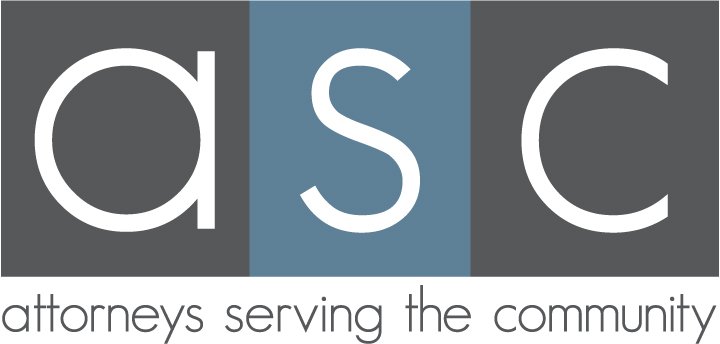About ASC’s Current Beneficiary
Crossroads Community Services was founded in 2001 as an outreach ministry of First United Methodist Church, Dallas. From the beginning, Crossroads has supported economic stability and health for low-income households through generous, accessible, and nutrition-focused food assistance. Crossroads became an independent, non-religiously affiliated 501(c)(3) organization in 2015.
In January 2019, after 17 years in downtown Dallas, Crossroads relocated to a 72,000 sq. ft. distribution and service center in Southern Dallas. This move expanded Crossroads’ service area to include Ellis and Navarro Counties and made Crossroads the leading hunger relief provider in Southern Dallas County. In the years since, Crossroads’ food distribution has grown from 2.25 million pounds to 11.5 million pounds of food.
In 2022, Crossroads launched a new strategic plan that incorporates the findings of years of research and experimentation, lessons learned through the challenges of the pandemic, and several new initiatives anchored by Crossroads’ new mission and vision statements:
We use a collaborative approach to revolutionize the pantry distribution model through food equity research, client-centered services, and community partner engagement.
Our vision is to strengthen families by building nutrition-stable communities.
Our guarantee is that no one leaves Crossroads empty-handed.
Crossroads’ strategic plan focuses on expanding the organization’s innovative food distribution model to create “nutrition-stable” communities throughout Dallas, Ellis, and Navarro counties.
Crossroads strives to improve food security in under-resourced households. Its first priority is to reduce the frequency and depth of crises related to meeting this most basic need – food. Lack of consistent access to adequate nutritious food is profoundly destabilizing for an individual, a family and the community. Building nutrition-stable communities begins with moving families from food crisis to food security.
Through its food equity research, Crossroads has learned that consistent, monthly visits to its Community Market and utilization of Federal benefit programs, if eligible, not only relieves food crisis but can improve food security.
Crossroads operates a Community Market that serves 18 zip codes in Dallas County. The Market is operational Monday through Thursday and on the first Saturday of the month by appointment. Individuals coming to the Market without an appointment are provided with an emergency box of food and scheduled for a Market visit. Annually, the Market provides 1.6 million pounds of food to more than 10,000 individuals, which is equivalent to approximately 73 meals per person.
Crossroads’ Curbside Market is an option geared to disabled individuals and families with multiple jobs. Curbside allows shoppers to schedule visits, check in, complete surveys and select and order food remotely from a live inventory, then pick up their custom orders curbside.
From Food to Finances (F3) is a pilot program to address root causes of food insecurity. It offers coaching services that help Market shoppers better manage food resources and household finances and is an opportunity to reach beyond service outputs and track client outcomes over time. To date, 80 individuals have enrolled in F3.
Crossroads’ Market is where we have the most power to experiment and innovate, but four out of every five pounds of food we distribute move through our network of 150 partner organizations. We distribute food to 55 traditional food pantries and 85+ Community Distribution Partners (CDPs) such as places of worship, schools, retirement and community centers, housing developments and other non-profit organizations. Representatives from CDPs pick up food from Crossroads on a regular basis and then distribute the food to their respective community members. Doing this allows CDPs to nourish their neighbors regularly without the need to establish and manage additional food pantries. Crossroads’ CDPs are concentrated in high-need areas of Southern Dallas County, Ellis, and Navarro counties.


